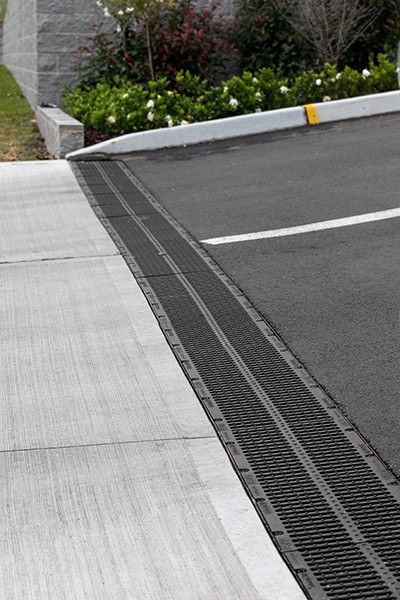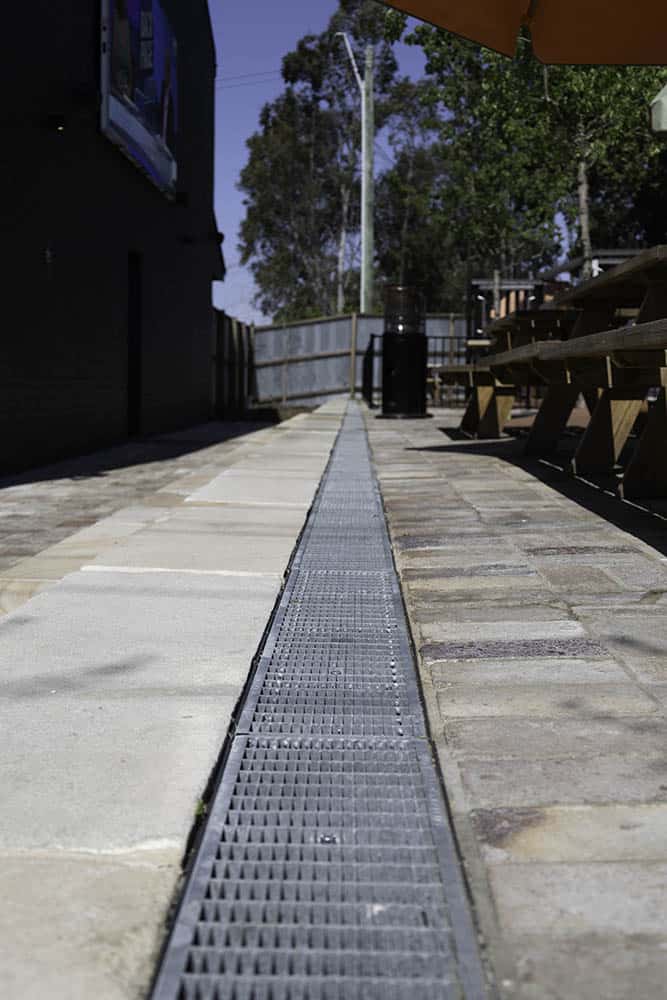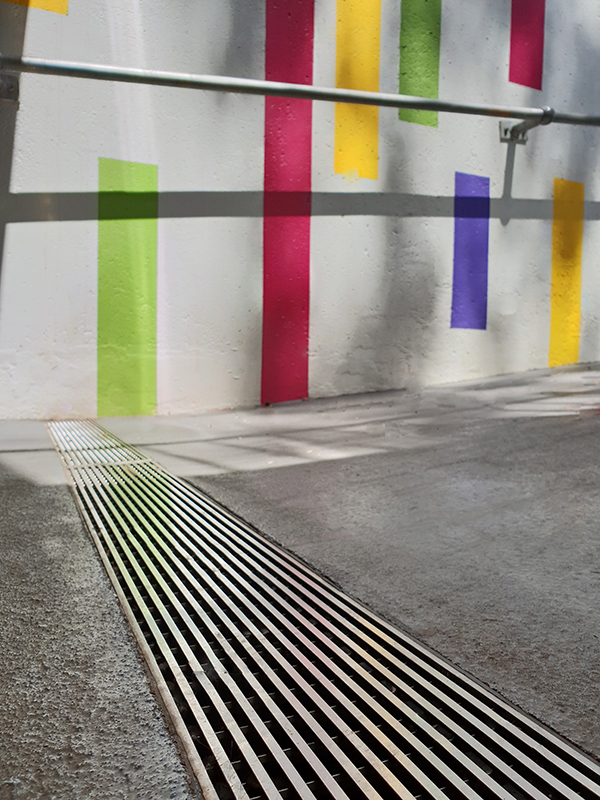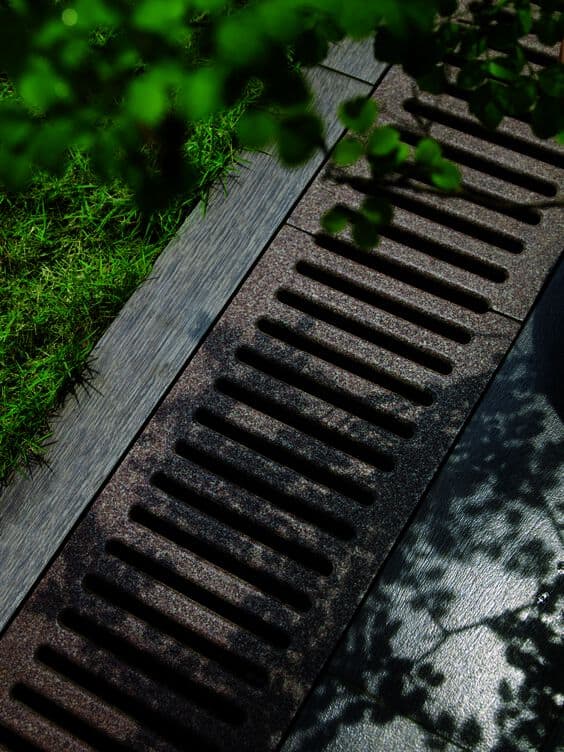When it comes to managing surface water, trench drains are an essential component of any drainage system. Whether you’re working on a residential, commercial, or industrial project, selecting the right trench drain is crucial for ensuring durability, functionality, and safety. This guide will help you navigate the key factors to consider when choosing the right trench drain for your specific needs.
Understand the Application
Residential Use
For residential projects like driveways, patios, or pool areas, trench drains typically handle light to moderate traffic. Aesthetic appeal and corrosion resistance are important.
Commercial Use
In commercial settings such as parking lots, walkways, or public spaces, trench drains must withstand heavier loads and higher traffic. Durability and performance are critical.
Industrial Use
Industrial environments demand trench drains that can handle heavy loads, and potentially chemical exposure.
Consider Load Class
Load class refers to the appropriate load rating that a grate can withstand. They are classified from Class A – Class G.
- Class A Drains
- Class B Drains
- Class C Drains
- Class D Drains
- Class E Drains
- Class F Drains
- Class G Drains
Grate Material Options
Stainless Steel
Stainless steel is durable, corrosion-resistant, and visually appealing.
Galvanised
Incredibly durable & versatile, galvanised steel is a great option for a variety of locations
Plastic/Polypropylene
Lightweight, cost-effective, and easy to install, these materials are perfect for residential applications. They offer excellent corrosion resistance and are available in various styles to match your design preferences.
Cast Iron
Ideal for heavy-duty applications in industrial environments, cast iron offers superior strength, making them suitable for high-traffic and heavy-load areas.
Stone
Stone is a unique option with many colour options & designs available.
Grate Style & Functionality
The grate style is not just about looks; it’s about functionality too. For example, in areas prone to debris, a grate with smaller openings can prevent clogging. In contrast, heavy-duty areas may require grates with wider openings to handle large volumes of water.
Installation & Maintenance Considerations
Proper installation is key to the longevity and effectiveness of your trench drain. Make sure the drain is installed at the correct slope to allow for optimal water flow. Additionally, consider ease of maintenance. Trench drains with removable grates simplify cleaning and upkeep.
Budget & Long Term Investment
While it’s tempting to choose the least expensive option, consider the long-term costs of maintenance and potential replacement. Investing in a high-quality trench drain suited to your application can save you time and money in the long run.
Selecting the right trench drain requires careful consideration of the project’s specific needs, from load class to material and application. By understanding these factors, you can ensure that your trench drain will provide effective water management, longevity, and safety for years to come.



